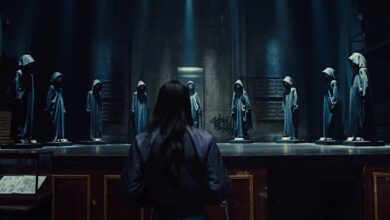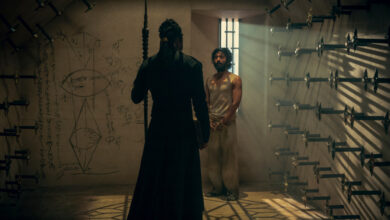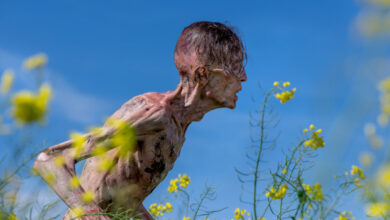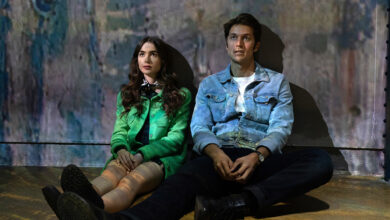The Pope’s Exorcist: The True Story Behind the Movie Find Out How Much True In This Horror Film
Awaited with curiosity by enthusiasts, The Pope’s Exorcist made its cinema debut on 13 April, with the indestructible Russell Crowe in the role of Father Gabriele Amorth. From the original classic The Exorcist to Blumhouse’s upcoming reboot, the fascination with possession stories hasn’t seemed to fade over the years even though the overall pattern of these films tends to remain the same. Add to that a star like Russell Crowe and some budget, and you end up with a high-profile horror film like The Pope’s Exorcist. After directing Sylvester Stallone in his first superhero avatar in Samaritan, Julius Avery is back behind the camera with another movie with a big star driving the story. In the lead role, Russell Crowe dons the hat and tunic of an experienced exorcist who approaches the phenomenon of possessions with healthy skepticism, drawing on the help of science, psychology, and, in the rare cases of authentic possessions, faith.
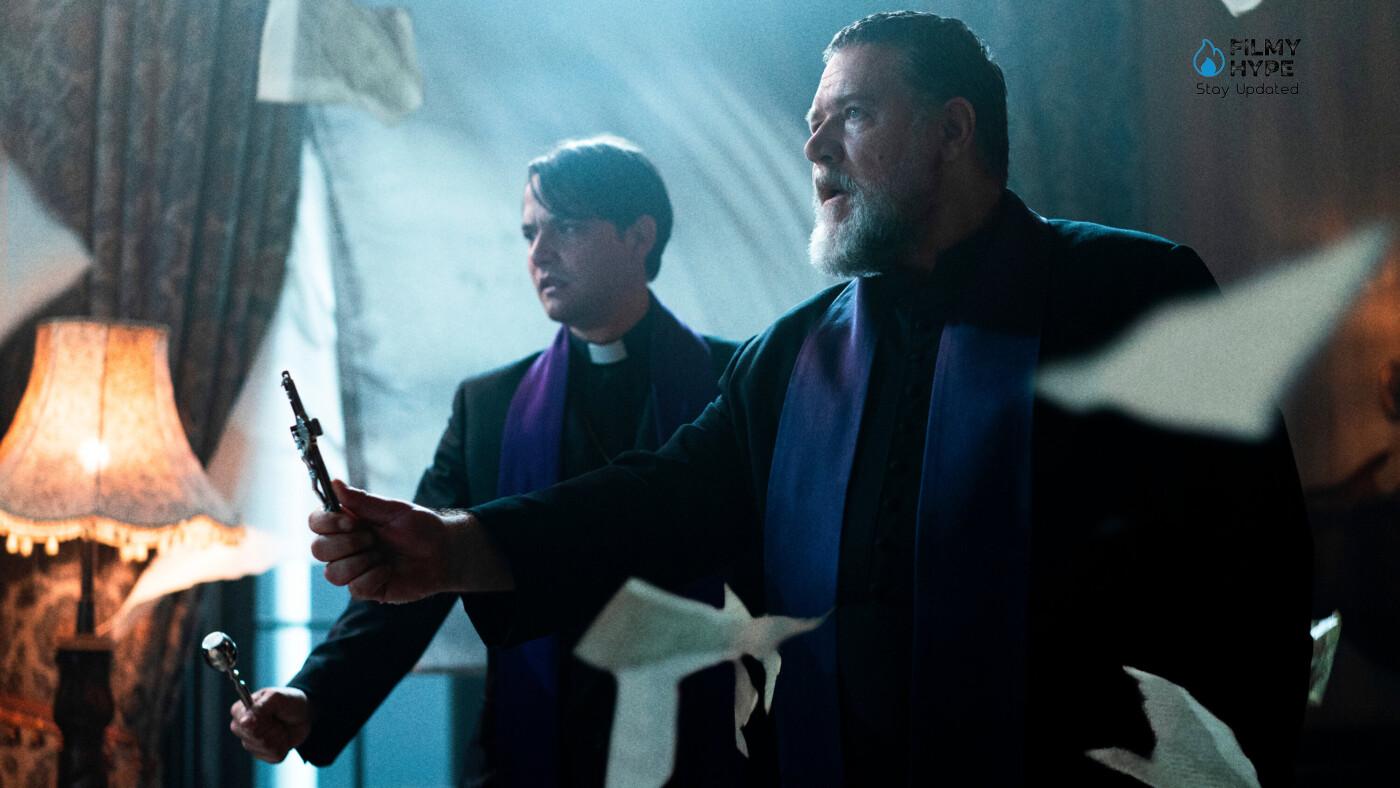
The Pope’s Exorcist: The True Story Behind the Movie
While the events portrayed in the film may seem greatly exaggerated, calling into question the real facts on which the film is inspired, Father Gabriele Amorth played by Russell Crowe existed: a Catholic priest, who claimed to have performed more than 50,000 exorcisms. Based on the memoirs of Father Amorth, The Pope’s Exorcist offers an interesting blend of events, partly real and partly fictional, to present a horror film steeped in modernity and history. From the Spanish Inquisition to the disappearance of Emanuela Orlandi (recently the subject of the Netflix docuseries Vatican Girl: The Disappearance of Emanuela Orlandi), Julius Avery’s film brings real-life events to the cinema seasoned with a good dose of fantasy, a blend that guarantees a good horror movie. But let’s find out together which are these parts of the truth, and which are not!
Who is Father Gabriele Amorth?
Born in Modena, Italy on May 1, 1925, Father Gabriele Amorth has ordained a priest in 1954. In 1986, he was appointed an exorcist under the tutelage of Chief Exorcist Servant of God Candido Amantini, himself a master exorcist. Together with French exorcist Father Rene Chenessau, Father Amorth also founded the Vatican-recognized International Association of Exorcists, based in Rome, in 1990. He remained president of the organization until his retirement in 2000. Among exorcists, Father Gabriele Amorth is a key figure who has admitted to having performed more than 50,000 exorcisms, many of them performed on the same people since an individual can be the object of multiple possessions, just like Henry (Peter DeSouza-Feighoney) in the movie. In the film, we see that not all possession turns out to be such, as evidenced by the opening scene in which Father Amorth tricks a possession victim into believing that the demon inside him has been killed after tricking him into the body of a pig.
In a later scene, Russell Crowe‘s Amorth reiterates that most of the victims of possession he faces are not victims of the devil, but simply require psychological assistance. Father Amorth’s fame over the years has become so great that William Friedkin, the director of The Exorcist, even shot a documentary showing Father Amorth performing an exorcism on a 46-year-old woman named Christina. More so than the priest next door who conducted an insane number of exorcisms, Father Amorth was known for speaking his mind open when it came to all evil things. Famously, Father Amorth claimed that Harry Potter and yoga are evil. This directly implies that all Potterheads and yoga practitioners are Satan, worshipers. Over the years, Father Amorth has published many books, recording his adventures as he traveled the world opposing the devil’s work.
Russell Crowe plays Father Amorth in The Pope’s Exorcist, someone the actor admits he’s fascinated by because of his extraordinary presence. Father Gabriele Amorth was born in Modena in May 1925. He fought during the Second World War for the Italian resistance against what he considered fascists, before continuing his legal studies. He was appointed a Roman Catholic priest in 1954, before being appointed exorcist of the Diocese of Rome in June 1986. During that time, he claimed to have conducted more than 50,000 exorcisms, detailing them in articles and books to share information about the threat of evil. The film alters this with Crowe’s Amorth, who is much younger in the film, but shares a view of his time at war and how it inspired him to use religion as a means to purify the world ever since. The film omits his controversial views on other religions, yoga, and fantasy books.
Did Father Amorth Really Have Vatican Support?
The film’s Amorth works directly for the Pope, going on missions around the world to find out who is possessed and who is mentally ill. This is something the real Amorth noted, writing about many topics that need psychological help. In the film, these methods are looked down upon by fellow priests, leading to chastisement, but the Pope supports his agent. In the “real world” Amorth worked directly with the chief exorcist servant of God, Candido Amantini. Amorth would also collaborate with the likes of French exorcist Father Rene Chenessau before founding the Vatican-recognized International Association of Exorcists in Rome in 1990. He remained president of the organization until his retirement in 2000. Most notably, The Exorcist del Papa has Daniel Zovatto as the fictional Father Esquibel, who joins Amorth‘s mission to later create a team similar to the association at the end of the film.
Are The Cases of Henry and Rosaria Real?
The Pope’s Exorcist sees Amorth working on Henry, who is possessed by the King of Hell, Asmodeus. The priest is haunted by his own sins, however, as he feels guilty over the death of a young girl, Rosaria. Amorth revealed that she mishandled his mental illness, which led to her death, by hinting that she was sexually abused inside the walls of the Vatican. In Henry’s case, it’s an amalgamation of many stories Amorth has written, hinting at Linda Blair’s Regan MacNeil. This explains why The Exorcist director William Friedkin released a documentary in 2017, The Devil and Father Amorth, about the priest’s journey, even cataloging one case. However, Rosaria’s story has a deeper slant that connects her to Emanuela Orlandi, a teenager who mysteriously disappeared while returning from music class in 1983.
Amidst tons of speculation and theories, Amorth claimed she was taken by Vatican police for sex parties with foreign diplomats and was ultimately killed. Some thought it was her way of lashing out at the Vatican for trying to hide the truth. From the way the film’s Amorth talks about Rosaria and sexual abuse, it’s a clear statement about the Orlandi case. Interestingly, the Vatican, in 2023, reopened the investigation into the unsolved mystery, giving The Pope’s Exorcist a minimal socio-political role through the tragedy of Rosaria.
The Pope’s Exorcist Connects Amorth with Emanuela Orlandi
In The Pope’s Exorcist, the demon Asmodeus, who takes possession of young Henry’s body, feeds on the sins of those who oppose him. This results in an emotionally difficult battle for Amorth who has committed his fair share of sins, including being partially guilty in the death of a young girl, Rosaria, whose case he handled with some haste. Now, in one of the scenes in the film, Father Amorth, while confessing to his apprentice Father Esquibel (played by Daniel Zovatto), explains that Rosaria suffered from a mental illness. In the few lines that follow, Father Amorth also mentions the rumors that Rosaria was sexually abused within the walls of the Vatican. This small detail connects Rosaria with Emanuela Orlandi, the teenager who lived within the Vatican’s walls and mysteriously disappeared one day upon returning from music class.
What Real-Life Events Does “The Pope’s Exorcist” Refer To?
Although there have been many theories surrounding the girl’s disappearance, Father Amorth was involved in Emanuela’s disappearance when he claimed that the Vatican police kidnapped Emanuela because she was involved in “sex parties and for this reason killed her”. In a confrontation with the movie The Pope’s Exorcist, the words were enough to fuel further suspicions that the Vatican was trying to cover up the truth behind Emanuela’s disappearance. In one of the film’s opening scenes, Father Amorth even questions some top Vatican officials about the lack of due process when it came to Rosaria’s death.
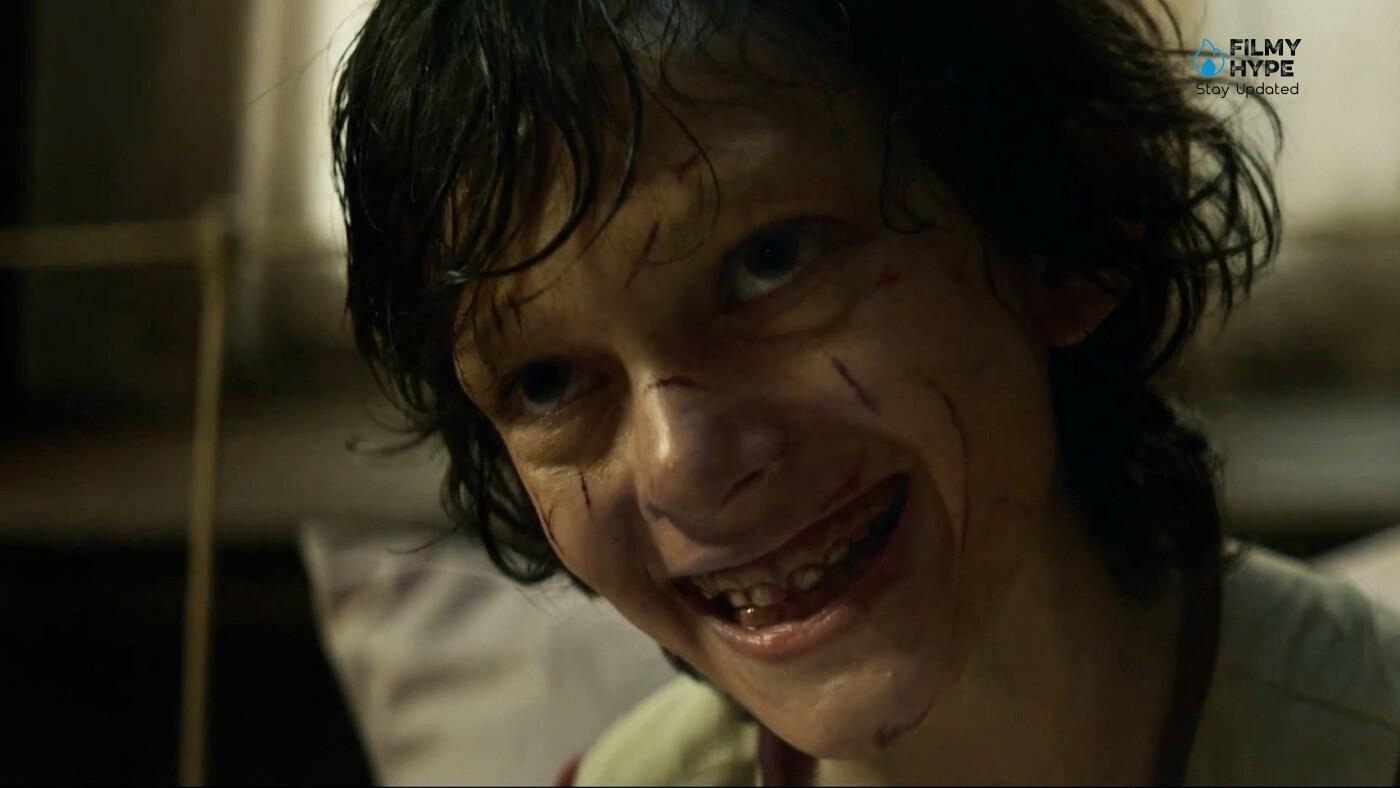
Another important historical event that The Pope’s Exorcist delves into is the Spanish Inquisition. According to the film’s version of events, the Spanish Inquisition appears to be led by a master exorcist, possessed by the demon Asmodeus, who wanted to tarnish the name of God and the Church. While this may not stick with historical fact, Father Amorth’s views find a voice in this particular story element of the film where the demon Asmodeus tries to possess Father Amorth to infiltrate the Vatican – the real reason why the latter uses the priest after taking possession of little Henry’s body. The real father Gabriele Amorth wrote something similar and stated several times that the Vatican was, in effect, a victim of infiltration by the devil.
Will There be More “The Pope’s Exorcist” Movies in the Future?
Undoubtedly, Father Amorth’s personal views, well reflected in his writings which provided the basis for the film, dictate much of the onscreen character’s actions played by Academy Award winner Russell Crowe. Although Father Amorth passed away at the age of 91 in 2016, the well-documented nature of his life as a prolific exorcist ensured there was ample material for the filmmakers and screenwriters to enjoy. This could even result in a sequel to The Pope’s Exorcist, as hinted by the film’s final scene, obviously only if it will succeed at the box office worldwide. However, Father Amorth has told exorcism stories that could form the basis of thousands of films, if ever there was a need!


